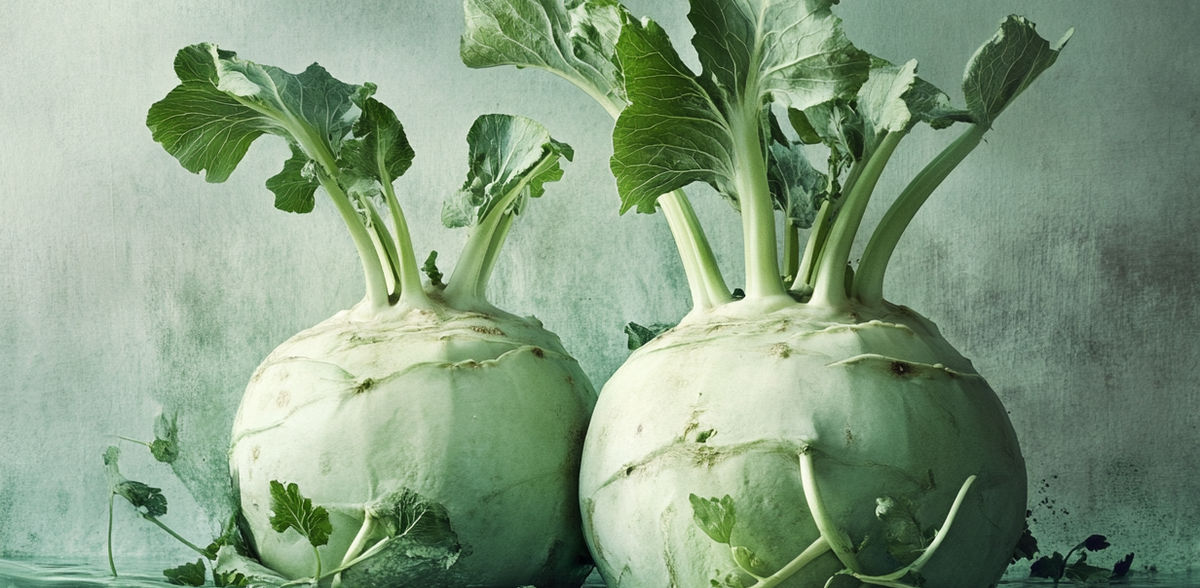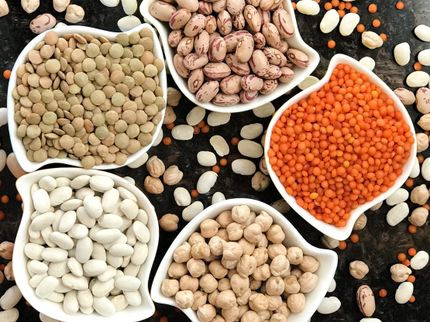Targeted glucosinolate conversion: How kohlrabi tissue forms health-promoting ingredients
New study shows tissue-specific differences in glucosinolate degradation with relevance for plant protection and health potential
Advertisement
Kohlrabi and other vegetables of the Brassica genus contain glucosinolates - bioactive plant substances that have both health-promoting effects for humans and a protective function against plant pests and diseases. Researchers at the IGZ have investigated how the activities of specific enzymes in different tissues control the conversion of glucosinolates. The aim of the research is to gain new insights that could specifically increase the health and plant-protective value of these vegetables.
The study showed that the conversion of glucosinolates takes place in different ways in the leaves, in the stem and in the different parts of the tuber. Leaf tissue and the inner tuber tended to form the less bioactive nitriles, while the conversion in the stem, tuber skin, stalk and root led to a higher proportion of isothiocyanates, which are known to have health-promoting properties. This is due to the enzymes myrosinase and "specifier" proteins, whose activity varies in the individual parts of the plant and thus also influences the distribution of the degradation products formed.
The scientists used chromatographic and mass spectrometric methods to determine the glucosinolate composition and the degradation products formed. In nine tissue types of the plant - including leaf parts, stems and various tuber layers - the activity of myrosinase and other specifying proteins was investigated in order to fully characterize the tissue-specific transformation processes.
The results of the study could provide new approaches for the breeding and processing of kohlrabi and other brassica vegetables and improve our understanding of how plants adapt to their environment. Targeted cultivation and adapted processing could promote the formation of the health-promoting isothiocyanates, which would further increase the nutritional benefits of these vegetables.
Future research should take a closer look at the importance of the "specifier" proteins in particular for the plant in order to better understand their role in plant health.
Note: This article has been translated using a computer system without human intervention. LUMITOS offers these automatic translations to present a wider range of current news. Since this article has been translated with automatic translation, it is possible that it contains errors in vocabulary, syntax or grammar. The original article in German can be found here.





























































